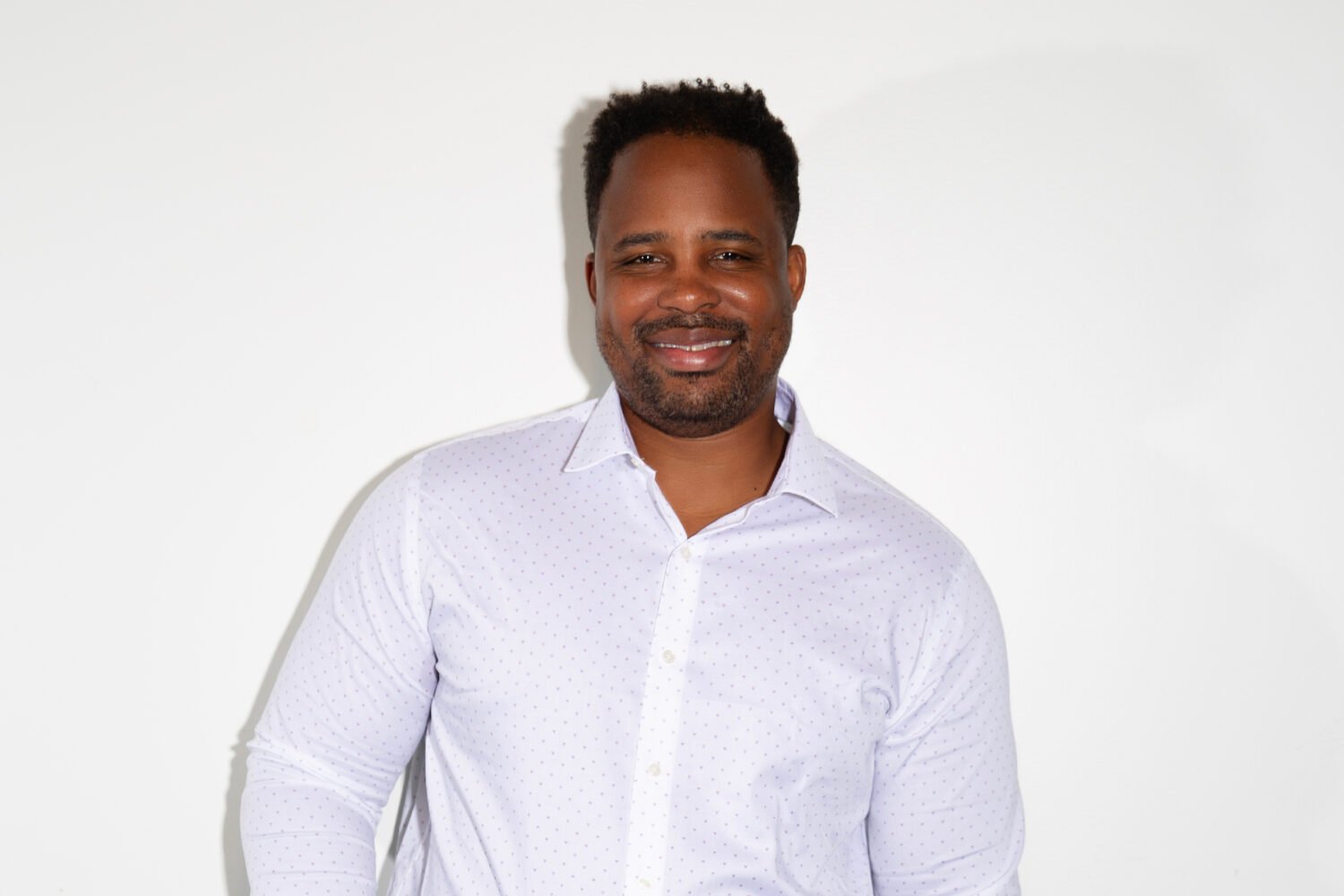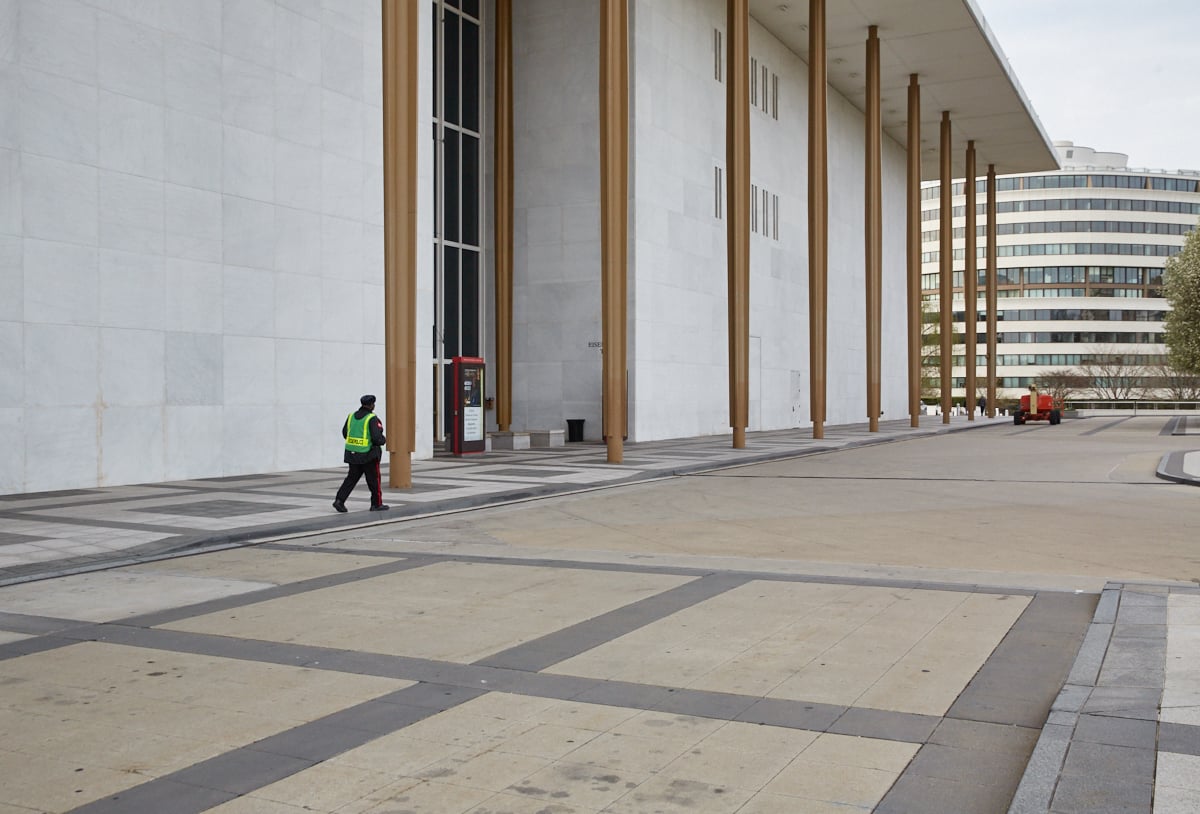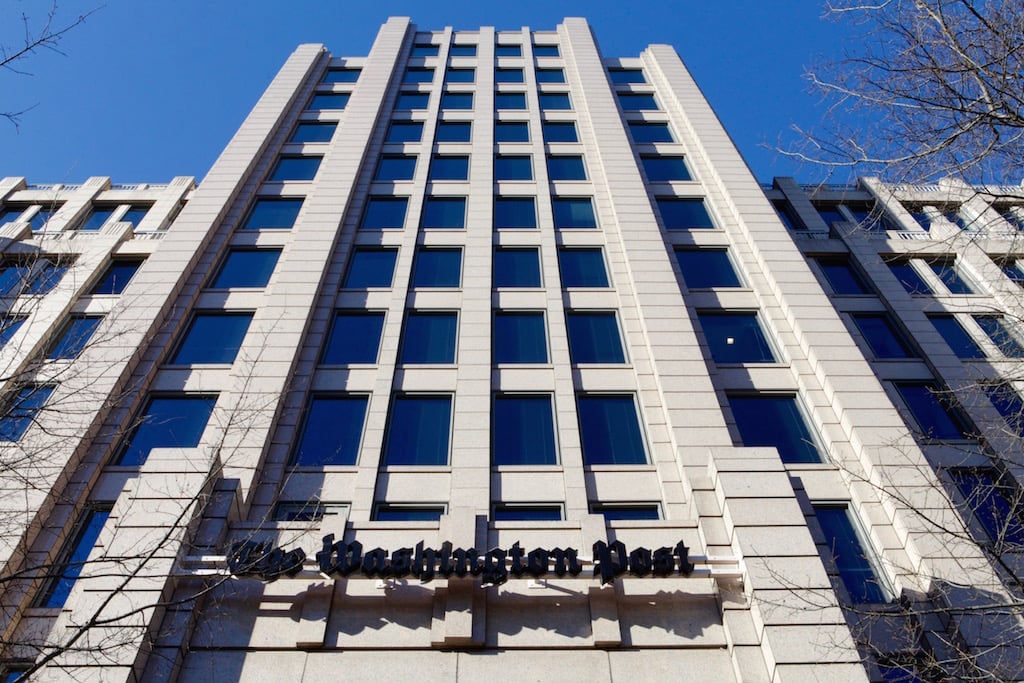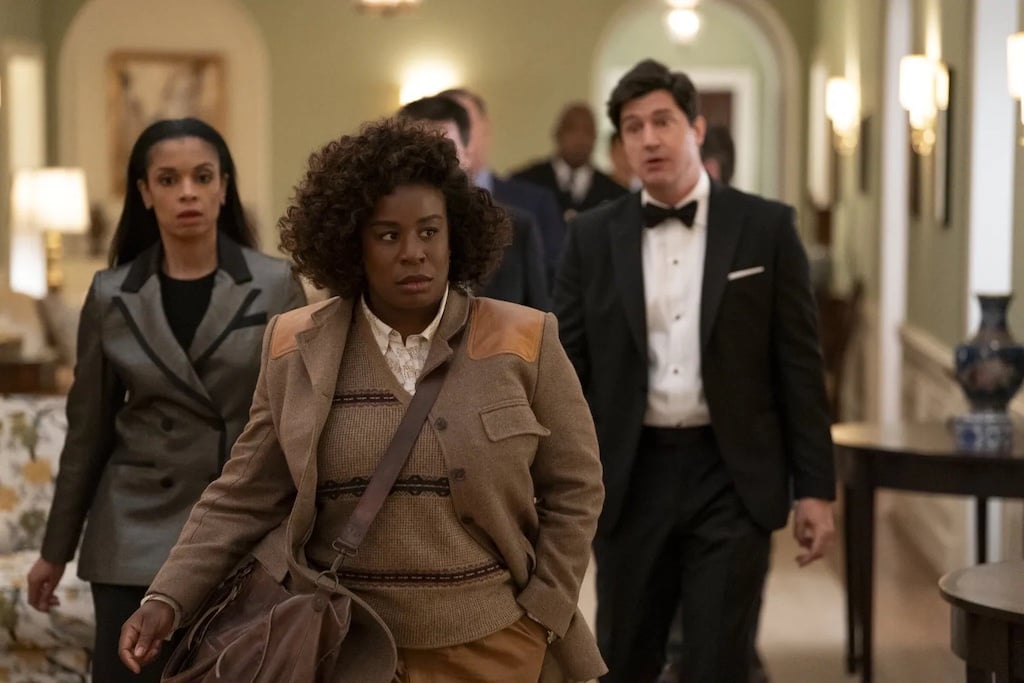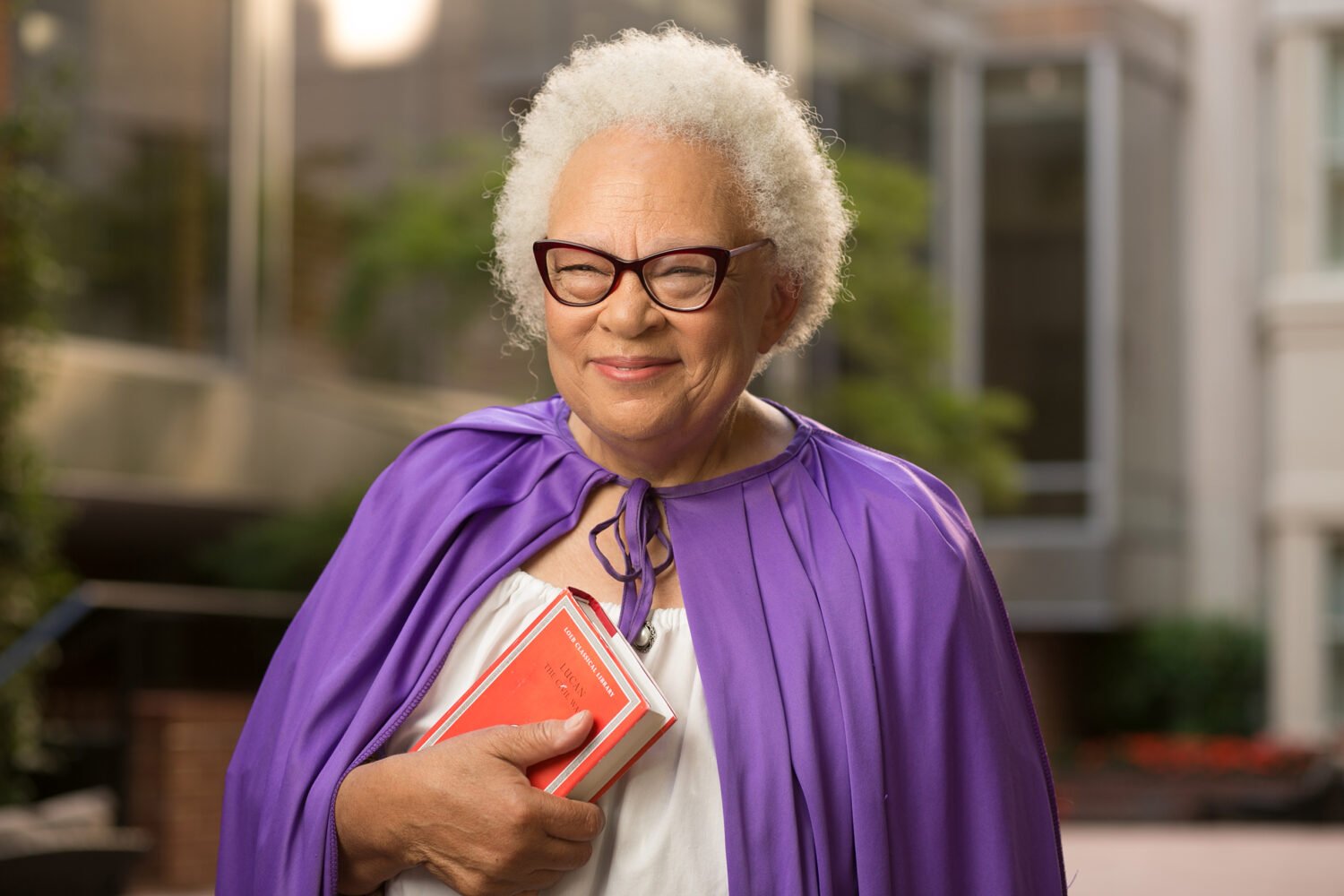Anthony Scaramucci, the former hedge fund manager who briefly served as the White House’s communications director last month, used Tuesday evening to rip into New Yorker reporter Ryan Lizza over the instantly infamous phone call that wound up costing Scaramucci his short-lived government job.
In a pair of tweets, Scaramucci first accused Lizza of being the “Linda Tripp” of 2017, a reference to the former Pentagon employee who recorded her 1997 phone calls with Monica Lewinsky in which Lewinsky disclosed details of her relationship with President Bill Clinton. Scaramucci also accused Lizza of recording their conversation—which he initiated—without asking permission.
.@RyanLizza is the Linda Tripp of 2017. People know. And he is up at night not being able to live with himself.
— Anthony Scaramucci (@Scaramucci) August 10, 2017
Yes. He absolutely taped the call without my permission. #lowlife https://t.co/fTDcBw4vcT
— Anthony Scaramucci (@Scaramucci) August 10, 2017
Lizza turned around Scaramucci’s phone call within hours, reporting that “the Mooch,” then just a few days into his White House stint, was on the warpath for people leaking information to media and that he held several of his new colleagues—particularly chief strategist Steve Bannon, who he accused of trying be quite limber—in low regard. Scaramucci was fired a few days later on July 31 by new White House Chief of Staff John Kelly.
Scaramucci’s clumsy historical analogy aside, though, he doesn’t have an argument against Lizza recording the call. DC law only requires one-party consent to record a telephone conversation. In simpler terms, a phone call can be recorded with the approval of just one person on the call—in this instance, the reporter.
“Intercepting any wire or landline conversation is illegal unless the person recording is a party to the conversation or at least one of the parties has given consent,” according to a guide published by the Reporters’ Committee for Freedom of the Press.
The law in Scaramucci’s home state of New York is similar.
It’s worth pointing out, again, that Scaramucci was the one who called Lizza and never asked to go off-the-record or on background. Still, as for recording the call, the Mooch doesn’t have a case either.




